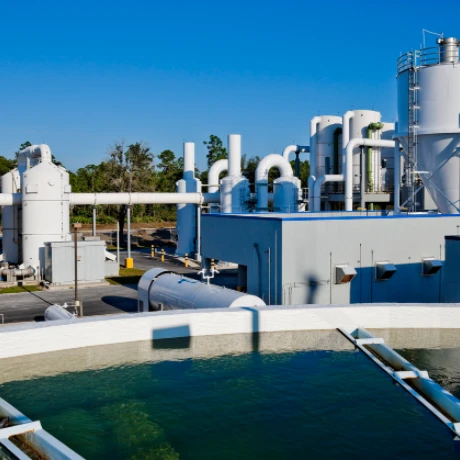



the use of potassium nitrate
The Use of Potassium Nitrate A Versatile Compound in Various Industries
Potassium nitrate, a chemical compound with the formula KNO3, is an essential substance that serves multiple purposes across various industries. Also known as saltpeter or nitrate of potash, this compound is distinguished by its highly soluble nature in water and its ability to release oxygen when heated. As both a fertilizer and a food preservative, potassium nitrate has found its way into agriculture, food processing, and even pyrotechnics, making it a cornerstone of several vital sectors.
Agricultural Applications
One of the most significant uses of potassium nitrate is in agriculture as a fertilizer. Farmers and agronomists appreciate potassium nitrate for its high nitrogen and potassium content—both crucial nutrients for plant growth. Nitrogen is vital for the synthesis of proteins and chlorophyll, while potassium aids in regulating various physiological processes, including water uptake and enzyme activation.
Potassium nitrate is particularly favored in environments with high soil salinity or in hydroponic systems, where maintaining optimal nutrient concentrations is critical. Its quick solubility allows for rapid absorption by plants, leading to improved growth rates and higher crop yields. Additionally, the presence of potassium helps improve fruit size, color, and overall quality, which is essential for commercial agriculture.
Food Preservation
Beyond agriculture, potassium nitrate has also played a historical role in food preservation. It has been used for centuries in the curing of meats, allowing for both preservation and flavor enhancement. The compound works by inhibiting the growth of harmful bacteria, such as Clostridium botulinum, the bacteria responsible for botulism, which makes it especially important in the production of cured meats.
In modern food processing, the use of potassium nitrate is regulated to ensure safety. Its applications can be found in products like bacon, salami, and other cured meats, where it helps maintain color and flavor while ensuring food safety. Moreover, it is sometimes used in conjunction with sodium nitrite to achieve desirable curing effects.
the use of potassium nitrate

Industrial Uses
Potassium nitrate is not confined to agricultural and food preservation applications; it also plays a crucial role in various industrial processes. It is a significant component in the manufacture of glass and ceramics, where it is utilized to enhance the melting properties of raw materials. The compound helps in reducing the melting temperature, resulting in energy savings during production.
Additionally, potassium nitrate is widely used in the production of fertilizers and explosives. In the explosives industry, it forms part of gunpowder and other blasting agents due to its ability to release oxygen, which facilitates the combustion of carbon-based fuels. This property also makes it invaluable in pyrotechnics for creating vibrant colors and effects in fireworks.
Environmental Considerations
Despite its widespread benefits, the use of potassium nitrate does come with environmental considerations. Its application as a fertilizer can contribute to nutrient runoff, leading to problems such as water eutrophication when excess nitrogen and potassium enter water bodies. This can result in harmful algal blooms, which deplete oxygen in water and threaten aquatic life.
To mitigate these issues, farmers and agriculturalists are encouraged to adopt best management practices, such as soil testing, precise application methods, and timing of fertilizer usage to minimize environmental impact. Sustainable agricultural practices that focus on integrated pest management and organic farming can also reduce reliance on synthetic fertilizers, including potassium nitrate.
Conclusion
In summary, potassium nitrate is a versatile compound with applications that span agriculture, food processing, and industrial manufacturing. As a critical component in fertilizers, it contributes significantly to crop production and food safety. Its role in industries like glass manufacturing and explosives showcases its diverse utility. However, as with any chemical substance, careful consideration must be given to its environmental impact, ensuring that its benefits can be enjoyed without compromising ecological integrity. The continued exploration of sustainable practices will help balance the advantages of potassium nitrate with the need for environmental stewardship, paving the way for responsible use in the future.
-
Why Sodium Persulfate Is Everywhere NowNewsJul.07,2025
-
Why Polyacrylamide Is in High DemandNewsJul.07,2025
-
Understanding Paint Chemicals and Their ApplicationsNewsJul.07,2025
-
Smart Use Of Mining ChemicalsNewsJul.07,2025
-
Practical Uses of Potassium MonopersulfateNewsJul.07,2025
-
Agrochemicals In Real FarmingNewsJul.07,2025
-
Sodium Chlorite Hot UsesNewsJul.01,2025










